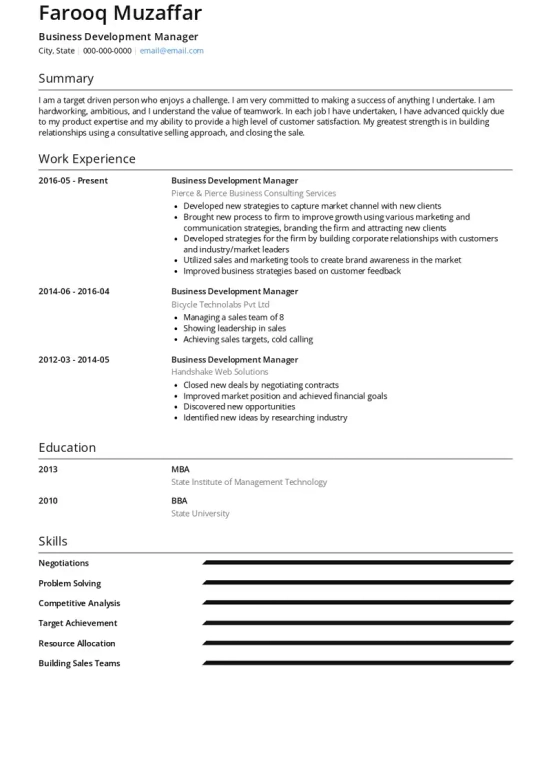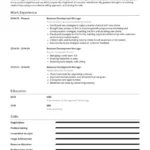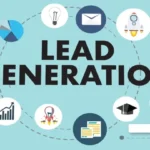
Lead generation is crucial for real estate success. It helps find potential buyers or renters.
Real estate agents need leads to grow their business. Without leads, finding clients becomes tough. Lead generation means attracting and converting people into prospects. This process involves various strategies. For real estate, it includes online marketing, networking, and referrals. Each strategy brings in different types of leads.
Understanding these methods helps agents stay competitive. With the right approach, agents can find quality leads. This boosts sales and ensures steady business growth. Whether you’re new or experienced, mastering lead generation is vital. It keeps your pipeline full and helps achieve long-term success. Ready to dive in? Let’s explore effective lead generation tactics for real estate.
Introduction To Lead Generation
Lead generation is crucial for real estate success. It involves attracting potential clients. These clients can be buyers, sellers, or investors. Understanding lead generation helps in growing your real estate business.
Importance In Real Estate
Lead generation is vital in real estate. It brings in new clients. More clients mean more opportunities for sales. It also helps build a network. A strong network leads to more referrals. This means more business in the long run.
Effective lead generation improves market presence. It keeps you ahead of competitors. It ensures a steady flow of potential buyers and sellers. This stability is key for sustainable growth.
Goals And Objectives
Setting clear goals is important. The main goal is to attract qualified leads. Qualified leads are more likely to convert into clients. Another goal is to increase brand awareness. A well-known brand attracts more clients.
Objectives should be specific. For example, aim to increase website traffic by 20%. Or, aim to generate 50 new leads per month. Clear objectives help measure success. They also guide your marketing strategies.
Remember, the ultimate objective is to close deals. More deals mean higher revenue. This is the main goal of any real estate business.

Credit: www.tomferry.com
Identifying Target Audience
Identifying your target audience is crucial for effective lead generation in real estate. Knowing who your potential buyers and sellers are helps tailor your marketing efforts. This ensures you attract the right prospects and convert them into clients. Let’s explore two key strategies: Buyer Personas and Market Segmentation.
Buyer Personas
Creating buyer personas helps you understand your ideal clients. These are fictional characters that represent different segments of your audience. Each persona includes details such as:
- Demographics (age, gender, income)
- Interests and hobbies
- Home buying goals
- Challenges they face
For example, a buyer persona might be a young couple in their 30s, earning a combined income of $100,000. They might be interested in suburban homes with good schools and parks. Understanding these details helps you create targeted marketing messages.
Market Segmentation
Market segmentation divides your audience into smaller groups based on specific criteria. These criteria can include:
| Criteria | Description |
|---|---|
| Geographic | Location-based segments like city, suburb, or neighborhood |
| Demographic | Age, gender, income, education level |
| Behavioral | Buying patterns, engagement levels |
By segmenting the market, you can tailor your marketing efforts to each group. For example, you can target first-time homebuyers with specific loan information. Or, reach out to retirees with properties suited for downsizing. This focused approach increases your chances of generating quality leads.
Online Marketing Strategies
Generating leads in real estate can be challenging. Online marketing strategies provide a way to reach potential clients. With the right techniques, you can attract, engage, and convert leads effectively.
Seo For Real Estate
SEO stands for Search Engine Optimization. It helps your website rank higher in search results. Start by using relevant keywords. These are words people use to search for real estate online. Include them in your website content, titles, and meta descriptions. Optimize images with alt text. Ensure your website is mobile-friendly. This improves user experience and search ranking.
Quality backlinks also boost your site’s credibility. Seek links from reputable websites. Local SEO is crucial for real estate. Use location-specific keywords. Create a Google My Business profile. This helps your agency appear in local searches.
Content Marketing
Content marketing involves creating valuable content. This attracts and retains your audience. Write blog posts about real estate trends and tips. Share success stories and client testimonials. Use engaging headlines. Keep your content easy to read and informative.
Videos can also be effective. Showcase property tours and neighborhood highlights. Share content on social media platforms. This increases your reach and engagement. Respond to comments and questions. This builds trust with potential clients.
Email newsletters are another tool. Send regular updates and market news. Offer exclusive listings to your subscribers. Keep your content relevant and concise. This keeps your audience interested and informed.
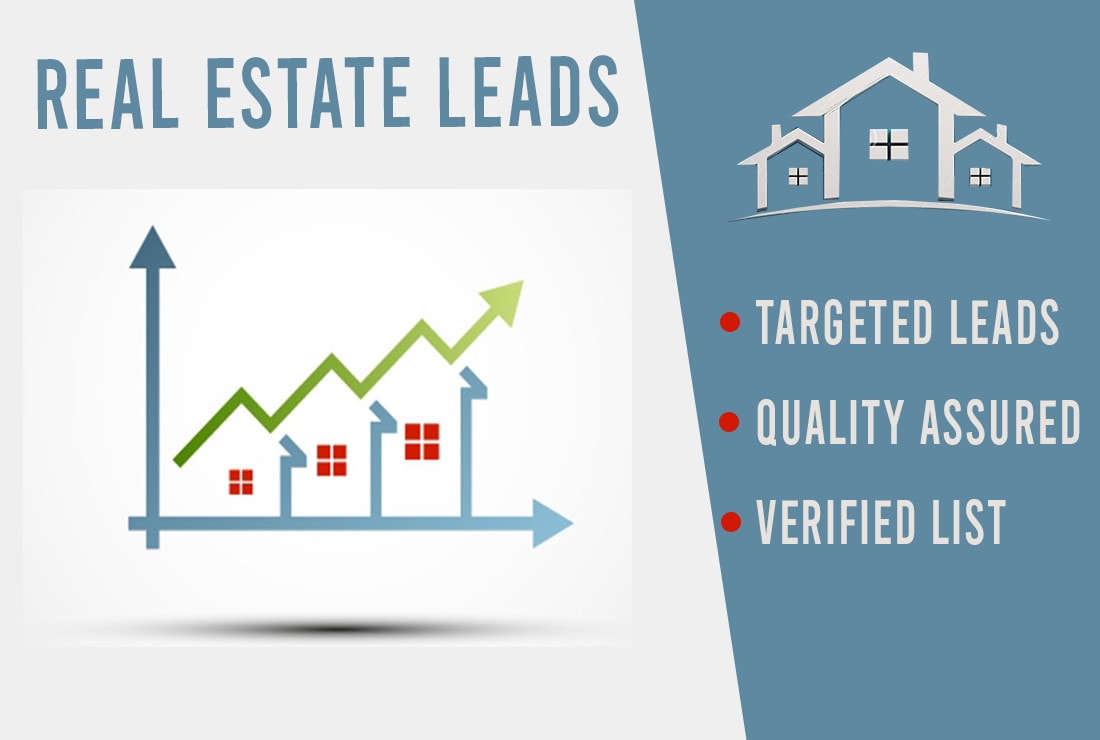
Credit: www.adhischools.com
Leveraging Social Media
Social media has transformed how real estate agents generate leads. It offers a direct connection to potential clients. With the right strategies, you can attract and engage buyers and sellers. Let’s explore how to make the most of social media for lead generation.
Platform Selection
Choosing the right platform is crucial. Facebook, Instagram, and LinkedIn are popular for real estate. Each platform has its strengths. Facebook offers broad reach and diverse content options. Instagram is visual-centric, perfect for showcasing properties. LinkedIn connects with professionals, ideal for commercial real estate.
Engagement Techniques
Engagement is key to building relationships. Start by posting consistently. Share high-quality photos and videos of properties. Use stories and live sessions to show behind-the-scenes looks. This builds trust and interest.
Respond quickly to comments and messages. This shows you are active and attentive. Create polls and quizzes to involve your audience. Run contests and giveaways to generate excitement. Share client testimonials to build credibility.
Email Campaigns
Effective lead generation for real estate often hinges on well-crafted email campaigns. These campaigns help nurture potential clients and keep them engaged. Email campaigns can drive traffic to your listings, showcase new properties, and build strong relationships with your audience.
Crafting Effective Emails
Creating effective emails involves several key steps. Start with a compelling subject line. The subject line should grab attention and entice the reader to open the email.
- Keep the subject line short and to the point.
- Use action words to create urgency.
- Personalize it with the recipient’s name if possible.
The body of the email should be clear and concise. Use simple language. Break up text into short paragraphs to improve readability.
| Tip | Explanation |
|---|---|
| Include a Call-to-Action (CTA) | Encourage the reader to take a specific action, like visiting a listing. |
| Use Visuals | Incorporate images of properties to engage the reader. |
| Provide Value | Share useful content, like market trends or buying tips. |
Automation Tools
Automation tools can streamline your email campaigns. These tools help you send timely, relevant emails without manual effort.
- Mailchimp: Ideal for creating and managing email campaigns.
- HubSpot: Offers advanced segmentation and personalization features.
- Constant Contact: Known for its user-friendly interface and templates.
Using these tools, you can set up automated sequences. For example, a welcome series for new subscribers. Or a follow-up series for potential clients who showed interest in a property.
Segmentation is another powerful feature. Group your audience based on criteria like location, budget, or property type. Send targeted emails that resonate with each group.
Automation tools also provide valuable analytics. Track open rates, click-through rates, and conversions. Use this data to refine your email campaigns and improve results.
In summary, email campaigns are a vital part of lead generation in real estate. By crafting effective emails and leveraging automation tools, you can engage and nurture potential clients effectively.
Utilizing Real Estate Portals
Real estate portals help agents find potential buyers and sellers online. These platforms increase visibility and attract leads quickly. Effective for generating interest and building connections.
Real estate portals are a powerful tool for generating leads. They attract buyers and sellers actively searching for properties. Using these platforms effectively can help you reach a wider audience and convert visitors into clients. Let’s delve into two key strategies: listing optimization and lead capture forms.Listing Optimization
Make your property listings stand out. Use high-quality images. Write clear and concise descriptions. Highlight key features and benefits. Accurate pricing is crucial. Use keywords your audience searches for. This improves search engine visibility. Update your listings regularly. Fresh content keeps your audience engaged. A well-optimized listing attracts more potential buyers.Lead Capture Forms
Lead capture forms are essential. Place them strategically on your listings. Keep the forms simple. Ask for basic information only. This reduces friction and increases completion rates. Clearly state the benefits of filling the form. Offer valuable insights or exclusive listings. Respond promptly to captured leads. This shows you value their interest. A streamlined process converts visitors into clients. “`Networking And Referrals
Networking and referrals are key to lead generation in real estate. They help build trust and expand your client base. Strong relationships can lead to more referrals. This means more potential clients.
Building Relationships
Building relationships is vital in real estate. Attend local events to meet people. Join community groups and share your expertise. Listen to others and offer help when needed. These actions build trust and respect.
Follow up with your contacts regularly. Send them useful information. Keep them updated on market trends. Remember special occasions like birthdays. A small gesture can make a big impact.
Referral Programs
Referral programs can boost your lead generation. Encourage past clients to refer friends and family. Offer incentives for each successful referral. These incentives can be gift cards or discounts on future services.
Make it easy for clients to refer others. Provide them with referral forms or share links. Thank them for their referrals and keep them informed about the process. Happy clients will gladly refer you to others.
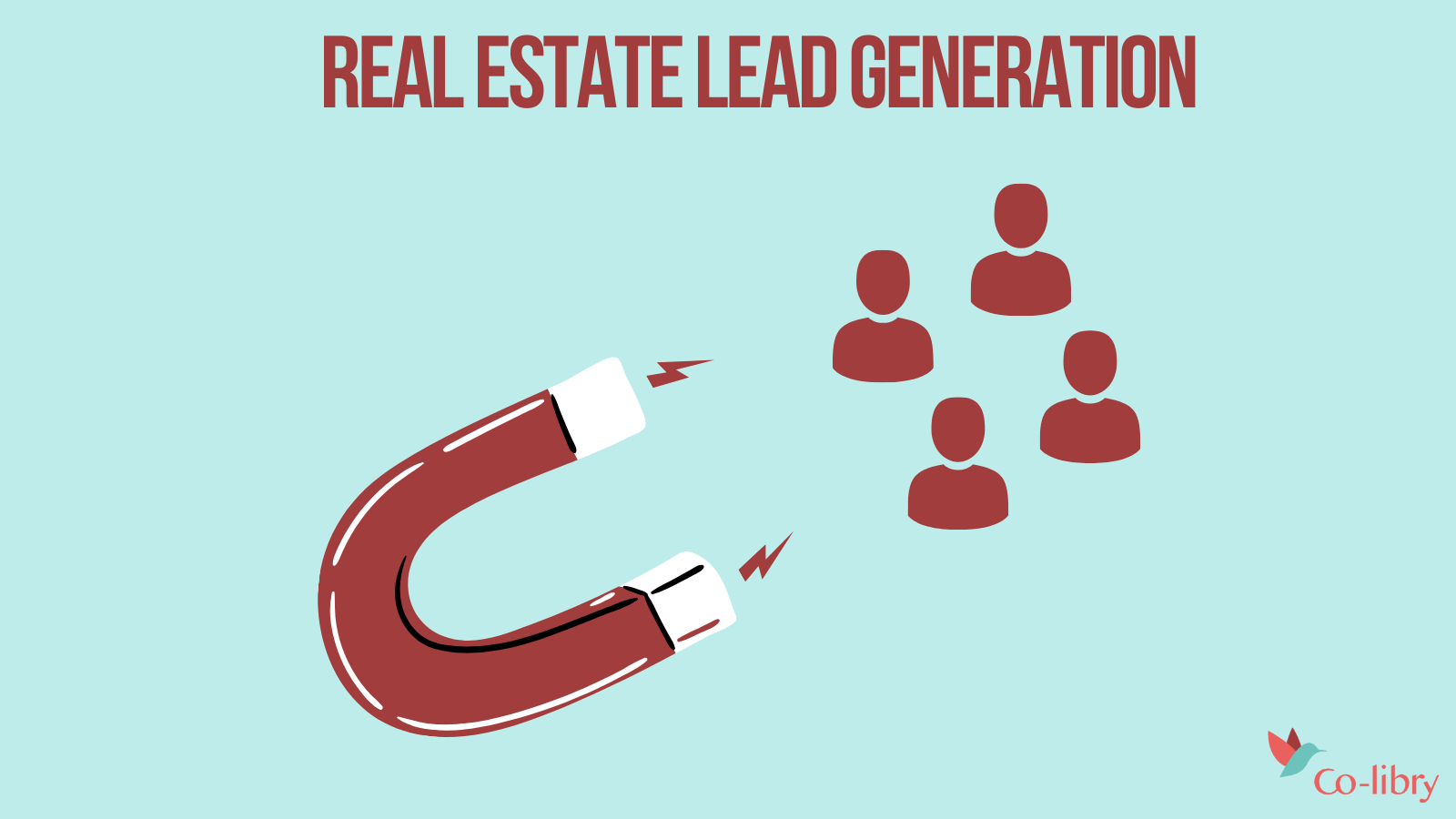
Credit: co-libry.com
Measuring Success
Measuring success in lead generation for real estate is crucial. It helps you understand what works and what doesn’t. By tracking the right metrics, you can optimize your strategies and achieve better results.
Key Performance Indicators
To measure success, focus on key performance indicators (KPIs). These metrics provide insights into your lead generation efforts.
- Conversion Rate: This metric shows the percentage of leads that turn into customers.
- Cost per Lead (CPL): How much you spend to acquire each lead.
- Lead Quality: The potential value of the leads you generate.
- Response Time: The time it takes to follow up with a lead.
- Website Traffic: The number of visitors to your site.
Analytics Tools
Using analytics tools can help you track and measure your KPIs effectively. Here are some popular options:
- Google Analytics: Provides detailed insights into your website traffic and user behavior.
- CRM Software: Tools like HubSpot or Salesforce help manage and analyze customer interactions.
- Social Media Analytics: Platforms like Facebook Insights and Twitter Analytics track social media performance.
- Email Marketing Tools: Services like Mailchimp or Constant Contact measure email campaign success.
By leveraging these tools, you can gain a deeper understanding of your lead generation efforts. Track your KPIs regularly to ensure your strategies are on the right path.
Adapting To Market Trends
Adapting to market trends is crucial for effective lead generation in real estate. The market is always changing, and staying ahead can make a big difference. Knowing the latest trends helps attract more potential buyers and sellers.
Staying Updated
Keeping up with market trends is essential. Real estate agents should regularly follow industry news and reports. Subscribe to real estate blogs, newsletters, and magazines. Attend webinars and conferences. Networking with other professionals can also provide valuable insights.
Innovative Approaches
Using new methods can help generate more leads. Here are some innovative approaches:
- Social Media Marketing: Platforms like Facebook and Instagram are great for reaching potential clients. Share listings, market updates, and success stories.
- Virtual Tours: Use technology to offer virtual tours of properties. This allows potential buyers to view homes from anywhere.
- Email Campaigns: Send regular updates to your email list. Include new listings, market trends, and tips for buyers and sellers.
- Content Marketing: Write blogs and articles about real estate topics. This can help attract and engage potential clients.
Here is a comparison of traditional vs. innovative approaches:
| Traditional Approaches | Innovative Approaches |
|---|---|
| Print Advertising | Social Media Marketing |
| Open Houses | Virtual Tours |
| Cold Calling | Email Campaigns |
| Flyers and Brochures | Content Marketing |
Adapting to market trends involves staying updated and using innovative approaches. This helps in attracting more leads and staying competitive in the real estate market.
Conclusion
Generating leads in real estate requires smart strategies and consistent effort. Focus on building relationships. Use digital tools to reach a wider audience. Always follow up with potential clients. Offer valuable information to build trust. Stay updated with market trends.
This helps you stay competitive. Remember, quality leads come from genuine connections. Happy lead generation!

